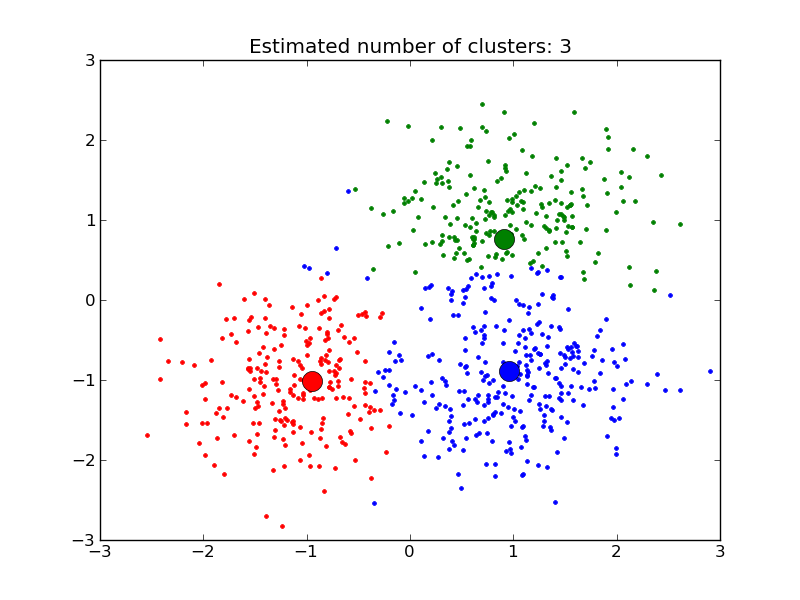I’ve previously discussed that I didn’t like reading fiction growing up, because I knew that if I thought about it too hard, it would break down. In real life, you can do experiments to answer your questions, instead of needing to rely on authority or source material, but in a story, this isn’t true. The real universe is modeled by quarks; stories are modeled by plots.
The fact that real life is based on universally consistent laws is a nearly endless source of intrigue, entertainment, and general fun, at least for me. Whenever I ask a question about reality, I know that it has an answer, somewhere. If I don’t know it, I can learn about it from someone who does, and if nobody knows it, I can find the answer myself. The existence of a consistent reality that I can do experiments on means that I am not limited in my ability to learn stuff by anything besides my willingness to do so.
The primary reason that I haven’t gone on a quest to rediscover every single insight ever made by the human race – which seems to approximate the Maximum Fun Plan – is because doing so would take orders of magnitude more years than I am presently expected to live, barring major advances in medical science. So, I’ve got to solve the pesky mortality problem first. But once I do… I certainly plan to spend a lot of time rediscovering things.
It might seem a bit odd, that I would want to spend decades and centuries rediscovering things that other people already know. A waste of effort, isn’t it? It would be more efficient to ask somebody who knows about the thing already.
More efficient it may be, indeed – which is why I don’t do it right now – but more fun it is not. I’m certain that Isaac Newton had way more fun inventing calculus than I had learning about it in school, and that isn’t just because our modern school system is a train-wreck. The joy of discovering something for myself is substantially greater than that of hearing the solution from somewhere else before I’ve even tried my hand at the problem. (I do prefer that the solution be printed somewhere, especially if the experiments to confirm my solution are difficult to create. It would be nice to hear somebody else’s solution to the AI-box problem, for example.)
Not only is the joy of the knowledge-acquisition inherently less, but the quality of the knowledge itself is also lower. When you discover something for yourself, you don’t have the problem of storing as “knowledge” what is actually just a referentless pointer (ie. a physicist tells you that “light is waves”, and you store the phrase “light is waves”, but you don’t have the background knowledge to really know what it means, and you couldn’t regenerate the “knowledge” if it were deleted from your brain). You also won’t have the potential pitfall of taking the solution for granted. People often don’t properly contextualize beliefs that they themselves didn’t generate: it feels to them like things which are now understood by Science, like rocks and stars and brains, have always been that way, instead of having been a mystery to the human species for the many millennia until they suddenly weren’t anymore.
There is a more abstract objection to the idea of reinventing old discoveries, coming from a less efficiency-focused mental place. The idea seems to be that, if somebody already knows, the problem is for some reason no longer interesting. It’s the position taken by everyone who is enraptured by the breaking new scientific controversies, but is not the slightest bit interested in the proved-correct equations of General Relativity.
But in my book, it doesn’t much matter what somebody knows, if I don’t. When I was young, I wanted to know how my body worked. Why did my hands move when I willed them to, but a glass of water wouldn’t slide across the table to me with a similar mental effort? Why did eating a whole bunch of candy make me feel ill, but eating a whole bunch of salad didn’t? I didn’t know, and I wanted to know; if you had told young-me that somebody knew, I would have replied “okay, can they tell me, please?”.
So far as I was, and am, concerned, if somebody else happens to know the answer to a question, that doesn’t cheapen the discovery for me. In fact, it wouldn’t make any sense for me to have a term in my utility function for being the first person in the universe to make a discovery, because for all I know, super-advanced aliens on the other side of the galaxy have already discovered everything I could possibly want to learn. If my choices are between never taking joy in a discovery, because somewhere else, someone else might already know the answer, and having fun, I’ll pick the fun.
It might be impossible for me to do anything about this until I (or somebody else) create a feasible solution to the imminent mortality problem, but once it happens, you can bet you’ll find me in a remote field, trying to find the optimal way to rub two sticks together.

